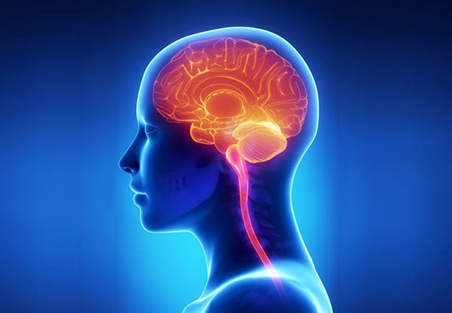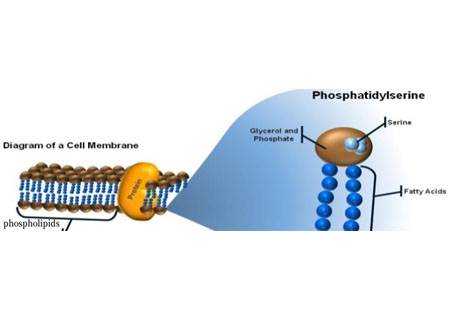Redox homeostasis refers to the dynamic balance between oxidation and reduction processes in organisms, which plays a vital role in maintaining cell function, signal transduction and antioxidant defense. An imbalance in redox homeostasis may lead to oxidative stress, which in turn triggers cell damage, inflammatory responses and a variety of diseases, such as cancer, neurodegenerative diseases and metabolic disorders.
1. The core mechanism of redox homeostasis
Redox homeostasis is mainly maintained by the interaction between reactive oxygen species (ROS), antioxidant systems and reducing molecules.
Reactive oxygen species (ROS): mainly include superoxide anions (O₂⁻), hydrogen peroxide (H₂O₂) and hydroxyl radicals (OH•), which are continuously generated during cell metabolism. Although ROS play an important role in signal transduction and immune response, excessive accumulation can lead to oxidative stress and damage proteins, lipids and DNA.
Antioxidant system: includes endogenous antioxidant enzymes (such as superoxide dismutase SOD, catalase CAT and glutathione peroxidase GPx) and non-enzymatic antioxidants (such as glutathione GSH, vitamin C and vitamin E). These components work together to reduce the level of oxidative stress and maintain cell homeostasis.
Reducing molecules: such as glutathione (GSH) and thioredoxin (Trx), play a key role in maintaining the reducing environment of cells.
2. Key factors in maintaining redox homeostasis
Mitochondrial function: Mitochondria are the main energy production center of cells and the main source of ROS. Impaired mitochondrial function may lead to excessive production of ROS and disrupt redox homeostasis.
Nrf2-Keap1 pathway: Nrf2 is an important transcription factor for cells to resist oxidative stress. It can activate the expression of antioxidant enzyme genes and improve the antioxidant capacity of cells.
Inflammatory response: Chronic inflammation is often accompanied by the accumulation of ROS, leading to increased levels of oxidative stress. The synergistic effect of antioxidants and anti-inflammatory mechanisms helps to restore redox balance.
Diet and nutrition: Antioxidant nutrients (such as vitamin C, vitamin E, polyphenols) and sulfur-containing amino acids (such as N-acetylcysteine NAC) are essential for maintaining redox homeostasis.
3. Redox homeostasis imbalance and disease
Aging and neurodegenerative diseases: Oxidative stress is closely related to neurodegenerative diseases such as Alzheimer's disease and Parkinson's disease. The accumulation of ROS may cause neuronal damage, which in turn affects cognitive function.
Cancer: ROS can promote cell signaling at low levels, while high levels of ROS may induce DNA damage and gene mutations, increasing the risk of cancer. Many cancer cells use redox homeostasis to regulate their survival and proliferation, so antioxidant strategies have attracted much attention in cancer treatment.
Metabolic syndrome: Diabetes, obesity, and cardiovascular disease are closely related to oxidative stress. Studies have shown that elevated ROS levels under hyperglycemia can impair pancreatic β-cell function and affect insulin secretion.
4. Strategies to promote redox homeostasis
Supplementing antioxidants: Supplements such as glutathione (GSH), N-acetylcysteine (NAC), and alpha-lipoic acid (ALA) can help remove ROS and reduce oxidative damage.
Dietary optimization: Foods rich in antioxidants (such as green leafy vegetables, berries, nuts, and green tea) help maintain cellular redox balance.
Regulating lifestyle: Moderate exercise can activate the Nrf2 signaling pathway and increase the activity of antioxidant enzymes, while avoiding excessive ROS production caused by excessive exercise.
Targeted drugs and interventions: In recent years, scientists are developing targeted therapies that regulate redox balance, such as Nrf2 activators and ROS regulators, for the treatment of chronic diseases and neurological diseases.




